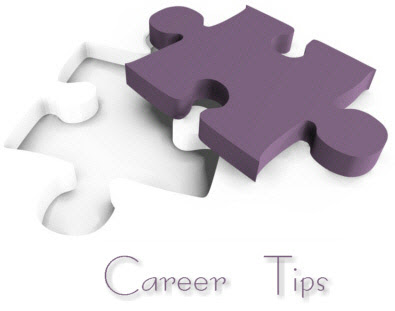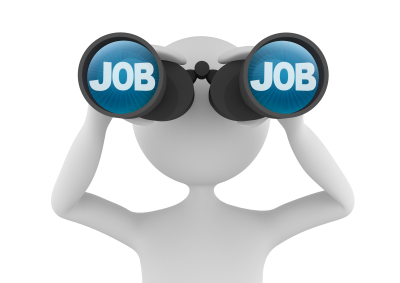 Do your homework.
Do your homework.Yes, dressing for the interview requires you to research the boss. If you are applying for a job with a young, trendy boutique, dress in a way that the interviewer can envision you in their shop servicing their clientele.
Stylish is better than funky.
Employers want to see that you will fit in with their business. However, be warned - stylish is better than funky. Too much "trend" can scare a potential employer away. Fine taste is more valuable than how avante-garde you can be. This is not the time to experiment. For the guys, the same rules apply.
Clean goes a long way.
Clean, pressed khakis or costume pants are preferred. Clean, appropriate shoes and accessories are essential (use a tie if it matches the employer's profile). No T-shirts with political satire, obscene graphics or logos.
Accessories.
Be frugal with jewelry - less is more. If your jewelry jingles, makes noise or can get caught on any of your clothes, leave it at home.
Keep your grooming simple.
Hair should be clean and neat, and nails clean and well manicured. Chipped nail polish will not make a fine impression. The applicant should look like they cared enough to shower. Go light on makeup. Heavy eye makeup or lipstick is a no-no.
Go easy on the perfume and aftershave.
There is nothing worse than causing your interviewer to have an allergic reaction.
Shoes need to be clean and in good shape.
No sandals of any kind - no matter where you live
Color is important.
Dressing for the interview also requires that you choose colors carefully.
"Color as part of your interview strategy is extremely main since it is a useful tool in conveying a powerful message - that said, make sure you're sending the right message,"
"Wear" confidence.
"Confidence comes from knowing who you are and what your values are, and most importantly being comfortable with them - whether or not you get the job," Your stage of confidence really does come across in an interview, so don't forget to come prepared and show it.



